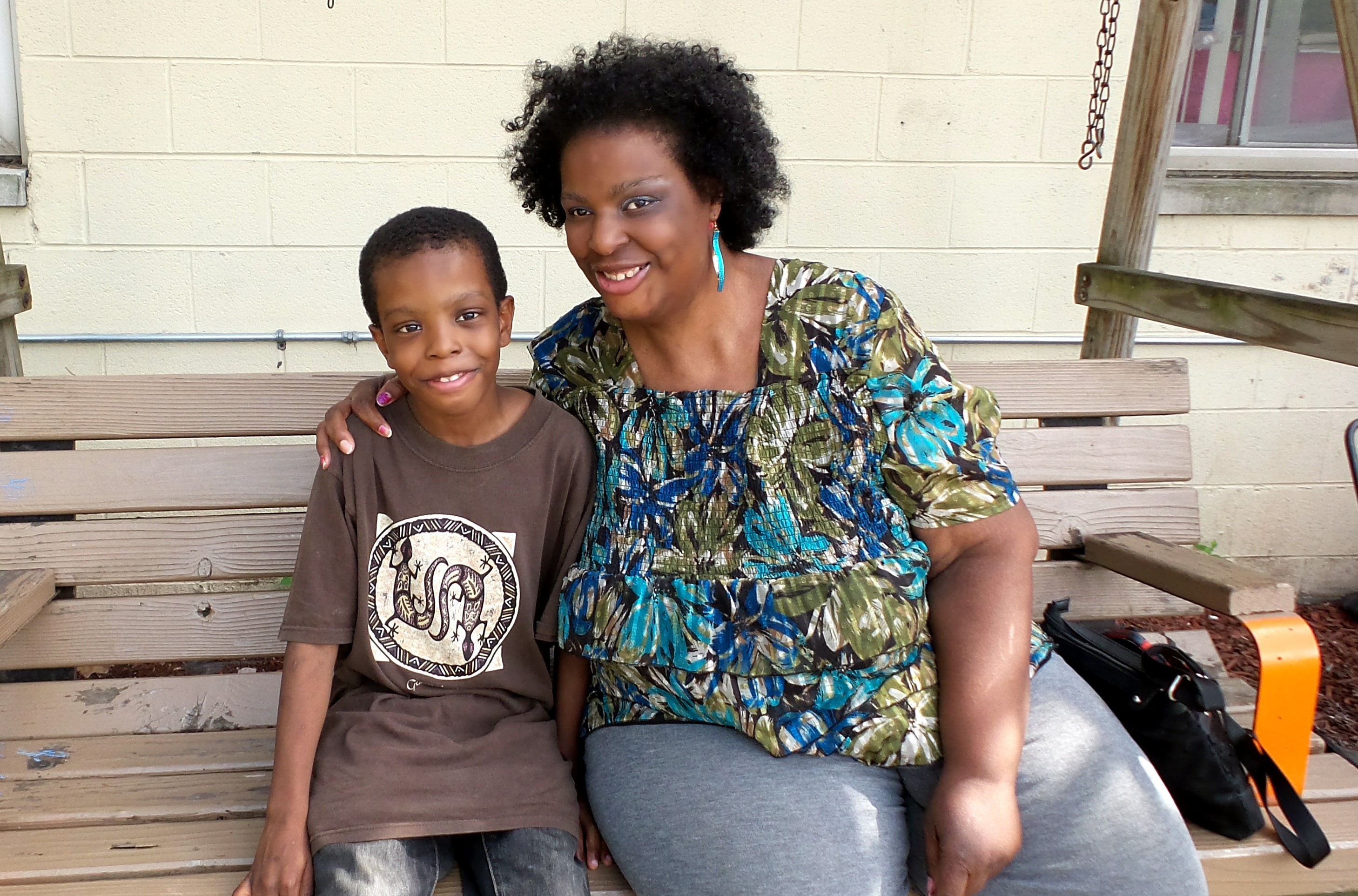Transitional Housing
Transitional Housing Residents may stay up to two years while they address issues that contributed to their homelessness. While there, they are able to work towards stability, education and training, and find employment to meet their needs. A wide range of supportive services, including case management, education, mental health, employment and substance abuse aftercare services are available to help residents succeed. Follow-up is provided for up to six months after they leave to help them successfully overcome all obstacles to independence and stability.

Campus: Genesis House II • Number: 82
Target Population: 48 women and 14 children. Women in this program often are working on substance abuse aftercare issues, addressing legal issues, and attend school and training programs to give them a future.
Campus: Genesis House III Samaritan Program • Number: 10
Target Population: Women in this program have a disability or are female veterans. They too work on substance aftercare issues, address legal issues, and attend school and training programs to give them a future. Women in this program have a disability or are female veterans. They too work on substance aftercare issues, address legal issues, and attend school and training programs to give them a future.
Campus: Detroit Rescue Missio • Number: 70
Target Population: Men, many of whom are struggling with addiction, debt, and difficulty finding employment.
Campus: Genesis House I • Number: 15
Target Population: Teen mothers and their children. Mothers attend high school and raise their children with staff support.
Campus: The Oasis • Number: 132
Target Population: Men, many of whom are struggling with addiction, debt, and difficulty finding employment. 25 men are homeless veterans of the armed forces and 25 are men with mental health or substance abuse disabilities, in addition to being homeless.
